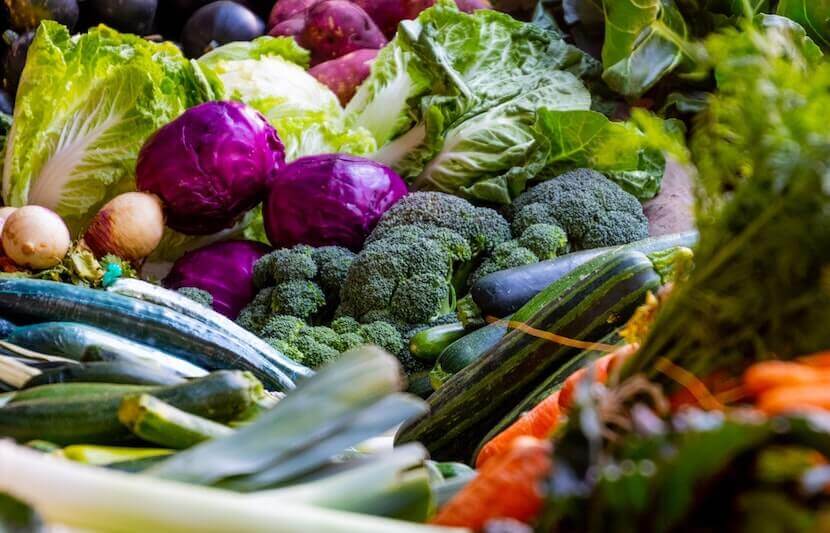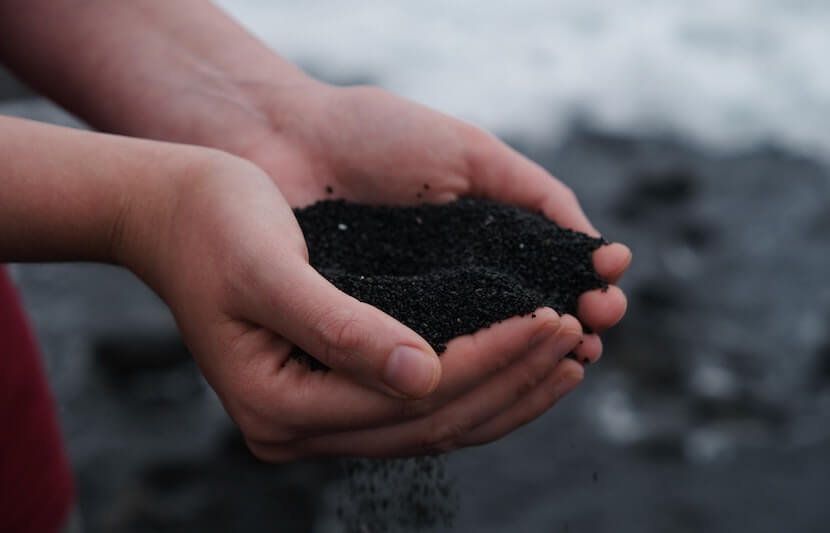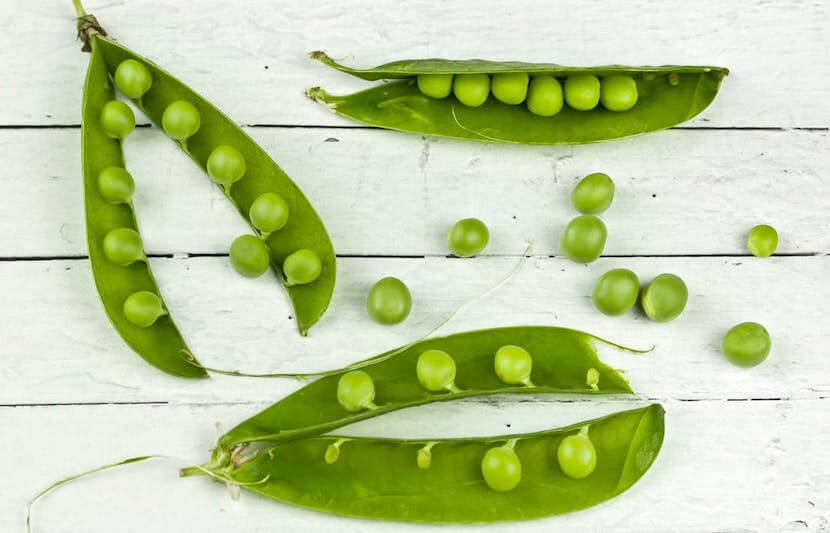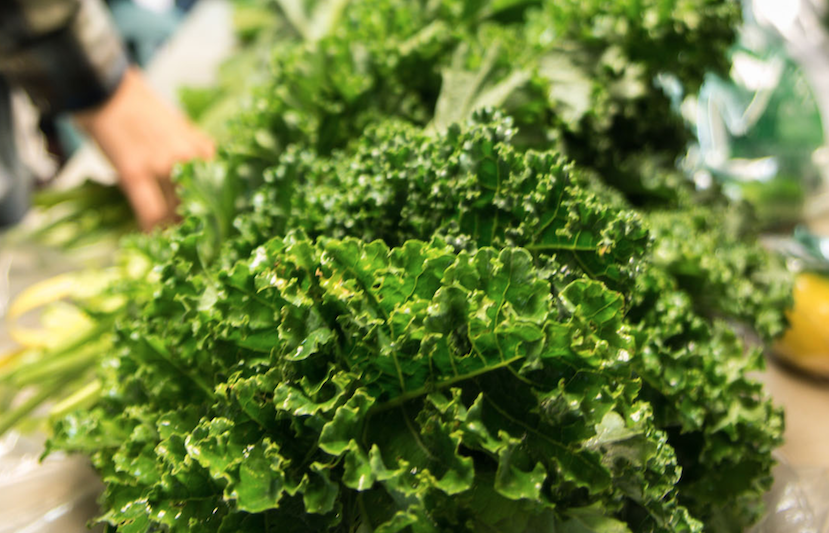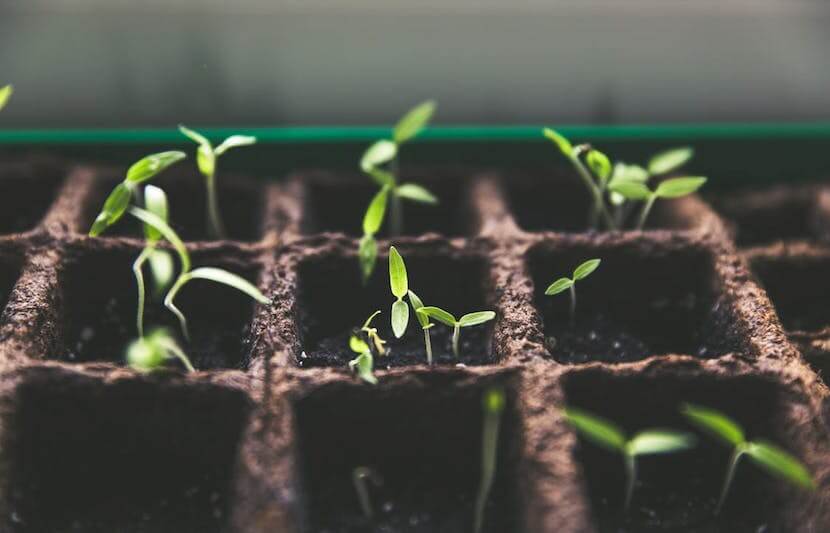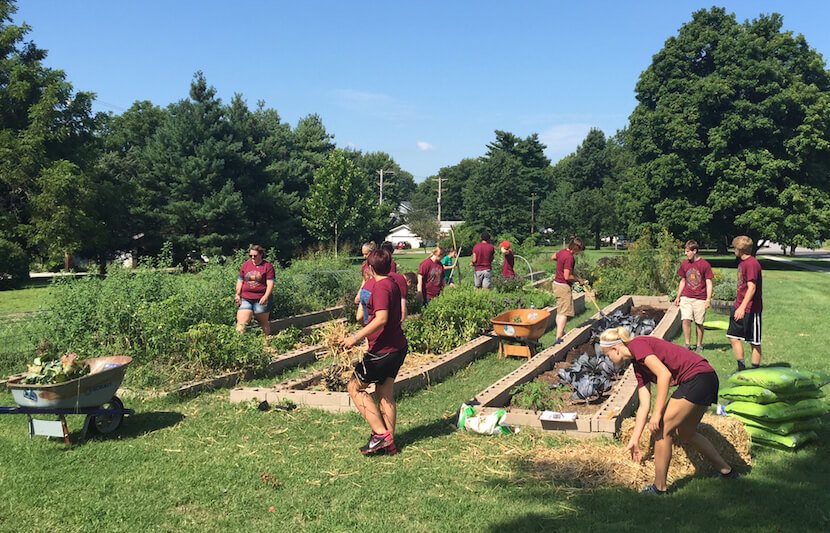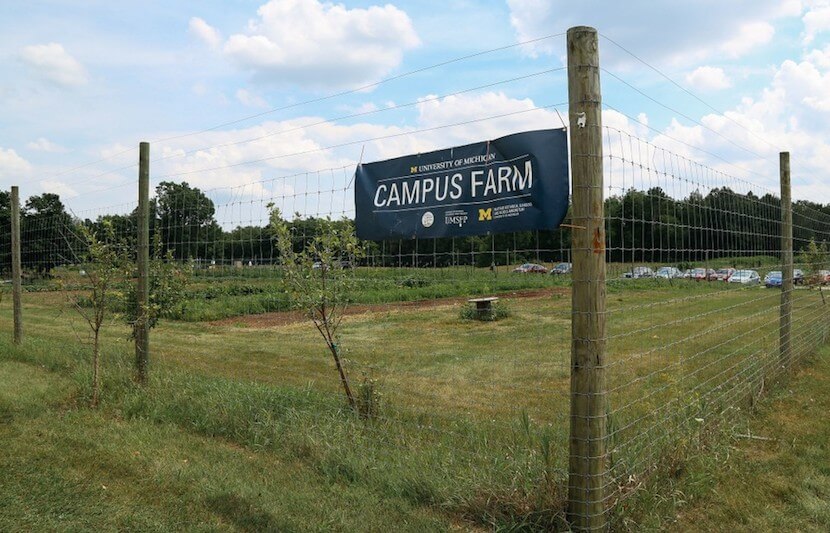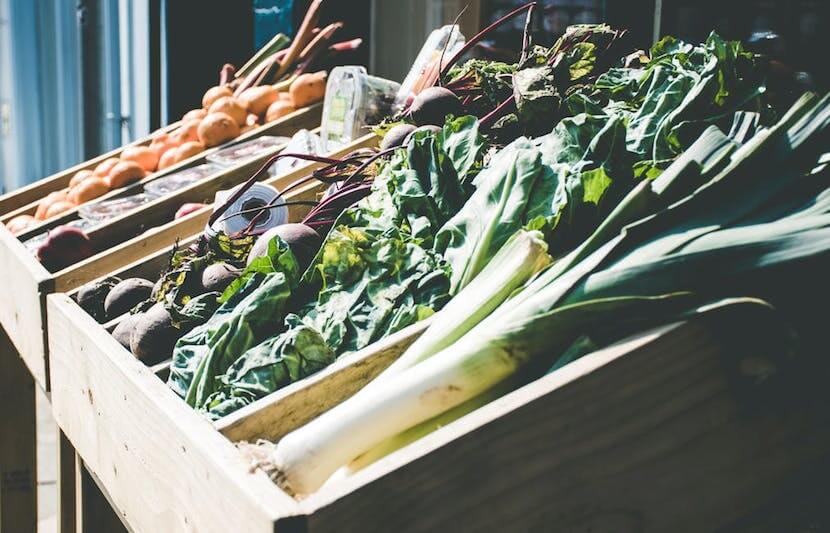-
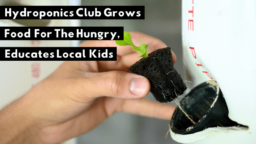
Hydroponics Club Grows Food for the Hungry, Educates Local Kids
With the global population approaching 8 billion and more people migrating to urban areas, it’s become clear that traditional agriculture is not the most sustainable way to grow produce. Simply put, to feed the rising population, the world is going to need to start growing significantly more food. And doing so through traditional farming would… Read More
-

The Amazon Is Burning: 4 Essential Reads on Brazil’s Vanishing Rainforest
Nearly 40,000 fires are incinerating Brazil’s Amazon rainforest, the latest outbreak in an overactive fire season that has charred 1,330 square miles of the rainforest this year. Don’t blame dry weather for the swift destruction of the world’s largest tropical forest, say environmentalists. These Amazonian wildfires are a human-made disaster, set by loggers and cattle… Read More
-

How Urban Agriculture Can Improve Food Security in US Cities
During the partial federal shutdown in December 2018 and January 2019, news reports showed furloughed government workers standing in line for donated meals. These images were reminders that for an estimated one out of eight Americans, food insecurity is a near-term risk. In California, where I teach, 80 percent of the population lives in cities.… Read More
-

TUN Student Spotlight: Central Michigan U Student Builds Greenhouse for Orphans
Taylor Crowley, an environmental studies major from Central Michigan University, enhanced her learning in a rather unconventional way — working under the blistering Belizean sun to help construct a greenhouse for orphaned girls to grow food. Crowley spent six weeks in the often 100-degree heat of San Ignacio, Belize, in order to use her studies… Read More
-

How Climate Change Could Stunt Growth of Aquatic Farming Industry
Aquaculture — the cultivation of fish and other marine animals for consumption — is poised to become a major food sector over the course of the next century. However, a new study finds that the industry can expect to be hit hard by warming water temperatures and extreme weather. This study, conducted by researchers from… Read More
-

We Must Change Our Food Systems if We Want a Sustainable Future
In 2015, the United Nations came together to draft the 2030 Agenda for Sustainable Development, a collection of 17 global goals and 169 targets that address social, economic and environmental issues. That same year, then-UN Secretary General Ban Ki-moon convened an informal meeting of high-level experts and policymakers in Italy on World Food Day. Dubbed… Read More
-
Women Killin’ It in Fight Against Hunger on College Campuses
The price of a college education is often synonymous with hefty loans and burdensome fees, but what if it’s so much that you can’t even pay for your next meal? For up to half of all college students, this is a stark reality. Going hungry in college is an issue that plagues students all over… Read More
-
Climate Change Is Damaging Soil Needed for Crop Growth
Extreme weather conditions caused by climate change may have a more negative impact on soil and plant ecosystems than scientists previously thought, according to a new study. An international team of researchers led by the University of Manchester in the UK studied how drought affects soil at a microbial level and found that these underlying… Read More
-
We Can Feed The World if We Change Our Ways … But, Will We?
Current crop yields could provide enough nutritious food for the projected 2050 global population — a whopping 9.7 billion people — but only if we make significant changes to our diet, a new study suggests. Otherwise, crop yields will have to increase by 119 percent in the next 30 years. Researchers from Lancaster University, England,… Read More
-
The Significance of New Sustainable Method of Ammonia Production
Researchers from the University of Central Florida (UCF) and Virginia Tech have developed a sustainable method of producing ammonia, a compound of nitrogen and hydrogen, which is vital for life on earth, including the production of food to feed the increasing world population. The advancement is an important step toward sustainability for an industry long… Read More
-
Farm-Fresh Food for Appalachian State Students
Students at Appalachian State University can now enjoy sustainably-produced and locally-grown meat, eggs, produce, and herbs without having to leave campus, thanks to a new farm-to-table initiative. The initiative is a partnership between Appalachian State’s Goodnight Family Department of Sustainable Development and Food Services, which was spearheaded by Interim Farm Manager Todd Rudicill and Food… Read More
-
Northeastern University Researchers Use Laser to Remove Contaminant From Soil
A team of researchers at Northeastern University has developed a method to remove a carcinogenic contaminant from soil with the use of lasers, without the costly need of removing the contaminated soil. The research team studied their technique by removing Dichlorodiphenyldichloroethylene (DDE) from soil. DDE is a breakdown byproduct of a popular pesticide Dichlorodiphenyltrichloroethane (DDT)… Read More
-
Going Green All the Way at Missouri State University
In 2016, Missouri State University (MSU) introduced a handful of convenient and environmentally-friendly vertical food growing systems called ZipGrow Towers to its dining services. Since then, the university has expanded the program and created a “grow room” to house the 48 systems currently in place. This revolutionary growing and harvesting practice enables MSU’s dining services… Read More
-
University of Michigan Campus Farm Now Grows Food Year-Round
Students at the University of Michigan are reaping the benefits of their student-run campus farm. Michigan students have long been interested in growing vegetables on their campus. A student organization known as Cultivating Community, which was formed in 2004, broke ground on a garden at their campus’ Ginsberg Center for Community Service and Learning in… Read More
-
TechAccel Partners with Research Universities to Meet Increasing Global Demand for Food
The global demand for food is rapidly rising and becoming increasingly difficult to sustain. By 2050, the world population is expected to reach 9.7 billion and food demand is supposed to increase anywhere between 58% and 98%. There is substantial confusion and uncertainty surrounding the world’s ability to meet these growing demands. A number of… Read More

sustainable agriculture
-

How Urban Agriculture Can Improve Food Security in US Cities
During the partial federal shutdown in December 2018 and January 2019, news reports showed furloughed government workers standing in line for donated meals. These images were reminders that for an estimated one out of eight Americans, food insecurity is a near-term risk. In California, where I teach, 80 percent of the population lives in cities.… Read More

